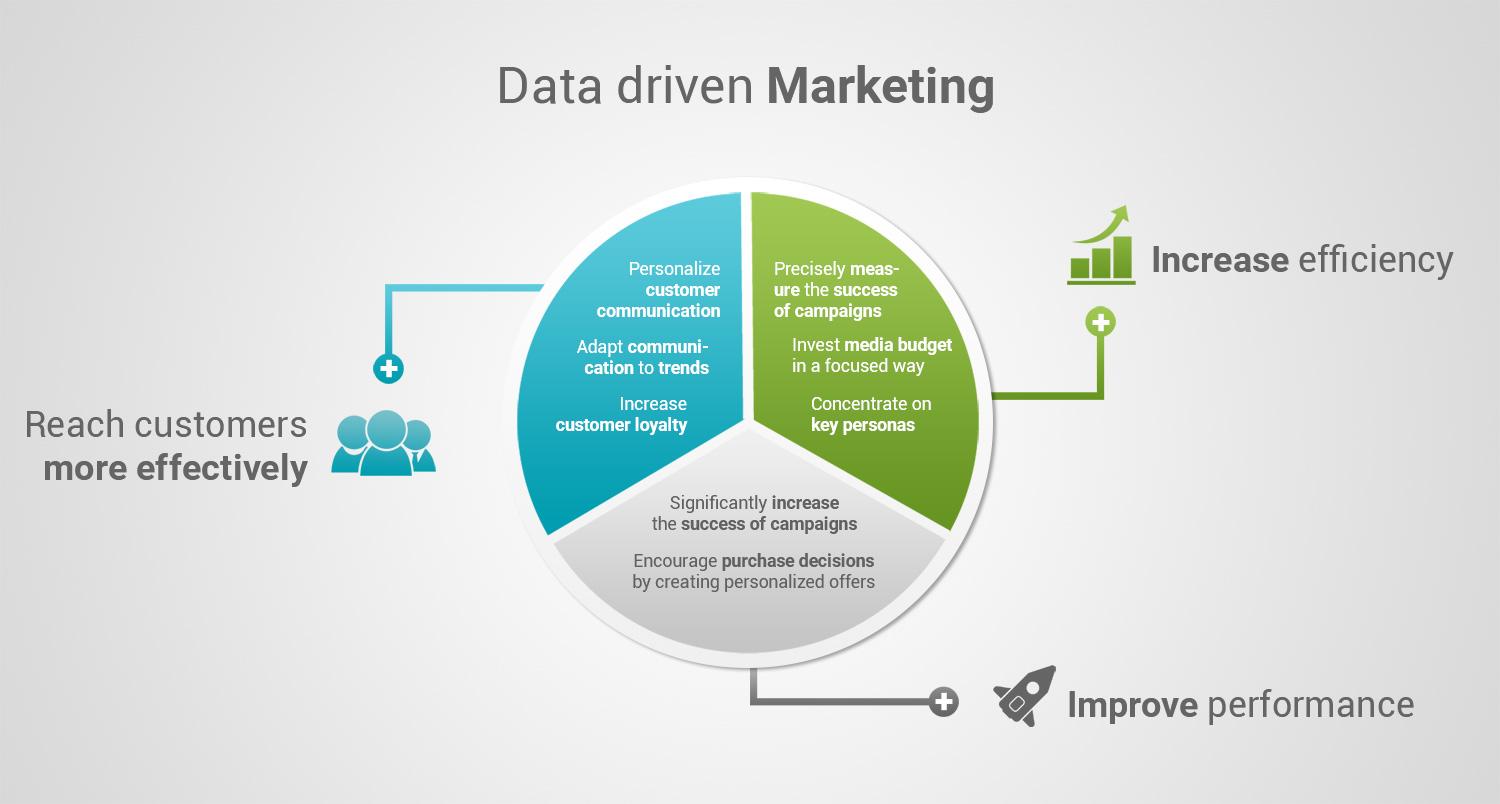In today’s fast-paced digital landscape, where consumers are constantly bombarded with advertising and marketing messages, it has become crucial for digital marketing services companies to adopt data-driven marketing strategies. Simply put, data-driven marketing is the practice of utilizing data and analytics to make informed decisions and optimize marketing efforts. It involves collecting and analyzing consumer data from various sources to gain insights and drive marketing strategies.
What is Data-Driven Marketing?
Data-driven marketing is a systematic approach that relies on the collection, analysis, and interpretation of vast amounts of data to identify patterns, trends, and consumer behaviors. This data can be obtained through various sources such as customer interactions, website analytics, social media, and demographic information. By leveraging this data, marketing agencies can tailor their strategies and campaigns to target specific audiences and deliver personalized messages.
Benefits of Data-Driven Marketing
- Improved Targeting: One of the key advantages of data-driven marketing is the ability to target specific customer segments with precision. By understanding consumer demographics, preferences, and behavior patterns, marketing agencies can develop highly targeted campaigns that resonate with their target audience. This leads to improved conversion rates and higher return on investment (ROI).
- Enhanced Personalization: Consumers today expect personalized experiences from brands. Data-driven marketing enables agencies to deliver customized messages, offers, and product recommendations that align with individual customer needs and preferences. By understanding customer preferences, marketers can create tailored communications that enhance customer engagement and loyalty.
- Data-Driven Insights: Analyzing data from various sources provides valuable insights into consumer behavior, preferences, and purchasing patterns. Marketing agencies can identify trends and patterns that help them understand what influences consumer decision-making. These insights can be used to optimize marketing strategies, develop new products/services, and improve customer experiences.
- Optimized Campaign Performance: Data-driven marketing allows agencies to measure and analyze the performance of marketing campaigns in real-time. By monitoring key metrics such as click-through rates, conversion rates, and customer acquisition costs, marketers can identify what’s working and what needs improvement. This enables them to make data-backed decisions and adjust campaigns in real-time to maximize results.
- Cost Efficiency: Traditional marketing approaches often rely on broad, generalized campaigns that reach a wider audience but may not be relevant to everyone. Data-driven marketing enables marketers to optimize marketing spend by focusing on high-value customer segments. By targeting those customers who are most likely to convert, marketing agencies can reduce wasteful spending on ineffective campaigns and maximize ROI.
- Agile Decision Making: In today’s fast-paced market, agility is key. Data-driven marketing empowers marketers with real-time insights that allow for quick decision-making. Agencies can monitor metrics and adapt strategies on the fly, ensuring they stay relevant and responsive to changing consumer preferences and market dynamics.
- Improved Customer Experience: Utilizing data-driven marketing enables agencies to understand their customers better, anticipate their needs, and deliver enhanced customer experiences. By delivering relevant and personalized experiences, marketing agencies can build stronger customer relationships and improve customer satisfaction levels.
Conclusion
In conclusion, data-driven marketing has become an essential practice for marketing agencies looking to stay competitive in the digital age. By leveraging consumer data and adopting data-driven strategies, agencies can improve targeting, enhance personalization, gain valuable insights, optimize campaign performance, reduce costs, make agile decisions, and improve overall customer experiences. With the vast amount of data available, it’s crucial for marketing agencies to invest in robust analytics tools and expertise to harness the power of data and drive marketing success.



